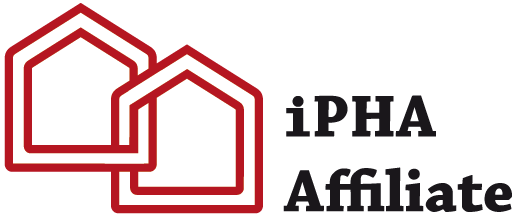Passive House Professionals
Are you looking for someone to work on your Passive House project?
1. PHINZ members
All our members are listed in the membership directory. Being a member of PHINZ does not convey any professional status or imply any particular professional competency – anyone can join to support our charitable objectives provided they adhere to the member’s code of conduct. In the membership directory, listings have icons indicating if the organisation has qualified Passive House professionals in their team though.

.
2. Certified Passive House Designers and Consultants
People can become certified Passive House Designers or Consultants by either:
- Completing the required training and passing a written exam issued by the Passive House Institute (Germany) and offered in Aotearoa NZ by Passive House Academy NZ, a PHINZ project, or
- By submitting a project case study fully documenting the construction of a Certified Passive House Building they have done the Passive House design for. The case study gets submitted to an accredited Passive House certifiers and validated by the PHI. Example case studies are freely available online here.
The difference between a certified Passive House Designer and a Passive House Consultant is simply a reflection of their professional background, the Passive House qualification is essentially the same. People with a prior architecture or building design qualification become Certified Passive House Designers, people with other backgrounds become Certified Passive House Consultants.
.
3. Certified Passive House Tradespersons
There is only one option for people to become a certified Passive House Tradesperson and that is by completing the required training and passing a written exam issued by the Passive House Institute (Germany) and offered in Aotearoa NZ by Passive House Academy NZ, a PHINZ project.
.
4. Accredited Passive House Certifier for Buildings
To gain accreditation as a Passive House Certifier for buildings, the following requirements need to be met:
- Certified Passive House Designer or Consultant
- In-depth Passive House experience (completed several certified Passive House / EnerPHit projects)
- Expertise in the PHPP software, as this is used to evaluate a building’s energy performance. The PHPP Expert seal, another qualification offered by the Passive House Institute (Germany) is the preferred way to demonstrate this.
- Sucessfully complete a Passive House Certifier’s Course offered by the Passive House Institute (Germany) and pass the exam.
- Contract with Passive House Institute (Germany) as an accredited Passive House Certifier for Buildings.
.
Other Passive House training and courses are available in Aotearoa NZ through Passive House Academy NZ, a PHINZ project, and internationally through Passive House Institute (Germany) and various other organisations.
Note: all Passive House professional qualifications apply to an individual, not a company or orgnisation.
